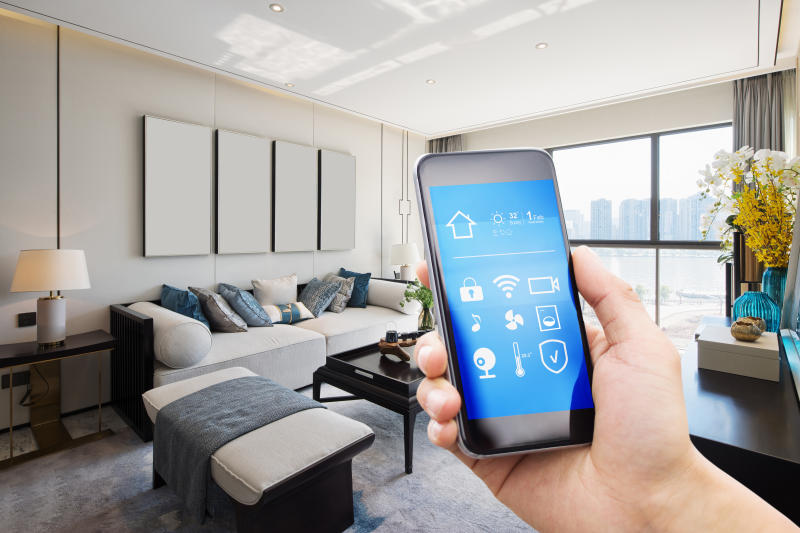The concept of voice control without internet is revolutionizing the way we interact with technology. With the increasing reliance on voice-activated systems, understanding how these systems function offline is crucial. This technology opens new doors for creative professionals and general users who want seamless and efficient interaction with their devices without the need for a constant internet connection.
As we delve into the world of offline voice control, we’ll explore its benefits, applications, and future prospects. The ability to communicate with your device without an internet connection is not only convenient but also enhances privacy and reliability.

Understanding Offline Voice Control
Offline voice control refers to the ability of a device to understand and execute voice commands without needing an internet connection. This is achieved through advanced algorithms and machine learning techniques that allow the device to process speech locally.
How Does It Work?
Offline voice control systems are designed to function using pre-installed language models. These models are capable of processing spoken words and converting them into actionable commands without external input from the internet.
Key Benefits of Offline Voice Control
Increased Privacy
One of the primary advantages of offline voice control is enhanced privacy. Since all data processing occurs locally, users can rest assured that their voice data is not being transmitted over the internet.
Reliability and Speed
Offline systems are not reliant on internet connectivity, making them more reliable in areas with poor network coverage. Additionally, processing commands locally reduces latency, leading to faster response times.
Energy Efficiency
Devices with offline capabilities require less energy as they do not need to constantly connect to a server, making them ideal for battery-operated gadgets.
Applications in Real Life
Smart Home Devices
Many smart home devices are now equipped with offline voice control, allowing users to control their home environment even when the internet is down. Consider exploring how to connect smart devices effectively.
Automotive Industry
Cars equipped with offline voice control systems enable drivers to manage navigational commands and entertainment systems without needing a data connection, ensuring safer and more convenient travel.
Personal Devices
Smartphones and tablets are increasingly incorporating offline voice features, allowing users to perform tasks like setting reminders, playing music, and more without internet dependency. Discover the benefits that come with these capabilities.
Challenges and Limitations
Limited Functionality
While offline systems offer many advantages, they are often limited in functionality compared to their online counterparts. The range of commands may be restricted due to the constraints of local processing power.
Initial Setup
Setting up offline voice control can be more complex due to the need for downloading and configuring language models and other resources.
The Future of Voice Control Without Internet
The future of offline voice control looks promising with continuous advancements in AI and machine learning. As technology evolves, we can expect more sophisticated systems capable of handling complex commands and improving user experience.
Potential Innovations
Research is underway to enhance offline capabilities further, making them more accessible and versatile for everyday use. The possibilities for creative professionals are vast, as they will be able to leverage these advancements in innovative ways.
Conclusion
In conclusion, voice control without internet is a transformative technology that is reshaping our interaction with devices. It offers numerous benefits, including privacy, reliability, and energy efficiency, making it an attractive option for various industries and personal use. As technology continues to evolve, offline voice control will undoubtedly play a significant role in the future of digital interaction.

Frequently Asked Questions
What are the main benefits of offline voice control?
Offline voice control provides increased privacy, reliability, and energy efficiency by processing commands locally without needing an internet connection.
Can offline voice control be used with smart home devices?
Yes, many smart home devices now support offline voice control, allowing users to manage their home environment without internet connectivity.
What are the limitations of offline voice control?
Offline systems may have limited functionality compared to online systems due to the constraints of local processing power and the complexity of initial setup.
For further insights on the rise of voice technology, you can read more about it in this article on voice technology.
This article contains affiliate links. We may earn a commission at no extra cost to you.






